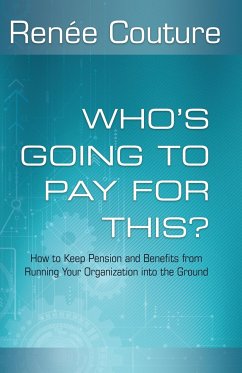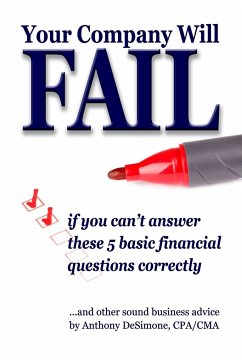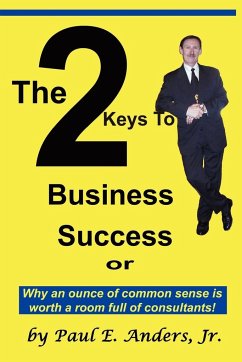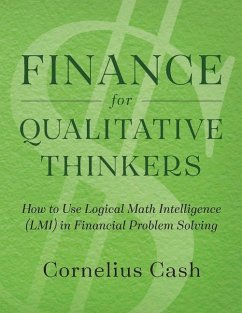
Fast Fixes to Boosting Your Credit Score
Versandkostenfrei!
Versandfertig in 1-2 Wochen
11,99 €
inkl. MwSt.

PAYBACK Punkte
6 °P sammeln!
There are many misconceptions about credit scores out there. There are customers who believe that they don't have a credit score and many customers who think that their credit scores just don't really matter. These sorts of misconceptions can hurt your chances at some jobs, at good interest rates, and even your chances of getting some apartments. The truth is, of you have a bank account and bills, then you have a credit score, and your credit score matters more than you might think. Your credit score may be called many things, including a credit risk rating, a FICO score, a credit rating, a FI...
There are many misconceptions about credit scores out there. There are customers who believe that they don't have a credit score and many customers who think that their credit scores just don't really matter. These sorts of misconceptions can hurt your chances at some jobs, at good interest rates, and even your chances of getting some apartments. The truth is, of you have a bank account and bills, then you have a credit score, and your credit score matters more than you might think. Your credit score may be called many things, including a credit risk rating, a FICO score, a credit rating, a FICO rating, or a credit risk score. All these terms refer to the same thing: the three-digit number that lets lenders get an idea of how likely you are to repay your bills. Every time you apply for credit, apply for a job that requires you to handle money, or even apply for some more exclusive types of apartment living, your credit score is checked. In fact, your credit score can be checked by anyone with a legitimate business need to do so. Your credit score is based on your past financial responsibilities and past payments and credit, and it provides potential lenders with a quick snapshot of your current financial state and past repayment habits. In other words, your credit score lets lenders know quickly how much of a credit risk you are. Based on this credit score, lenders decide whether to trust you financially - and give you better rates when you apply for a loan. Apartment managers can use your credit score to decide whether you can be trusted to pay your rent on time. Employers can use your credit score to decide whether you can be trusted in a high-responsibility job that requires you to handle money. The problem with credit scores is that there is quite a bit of misinformation circulated about, especially through some less than scrupulous companies who claim they can help you with your credit report and credit score - for a cost, of course. From advertisements and suspect claims, customers sometimes come away with the idea that in order to boost their credit score, they have to pay money to a company or leave credit repair in the hands of so-called "experts." Nothing could be further from the truth. It is perfectly possible to pay down debts and boost your credit on your own, with no expensive help whatsoever. In fact, the following 101 tips can get you well on your way to boosting your credit score and saving you money.












